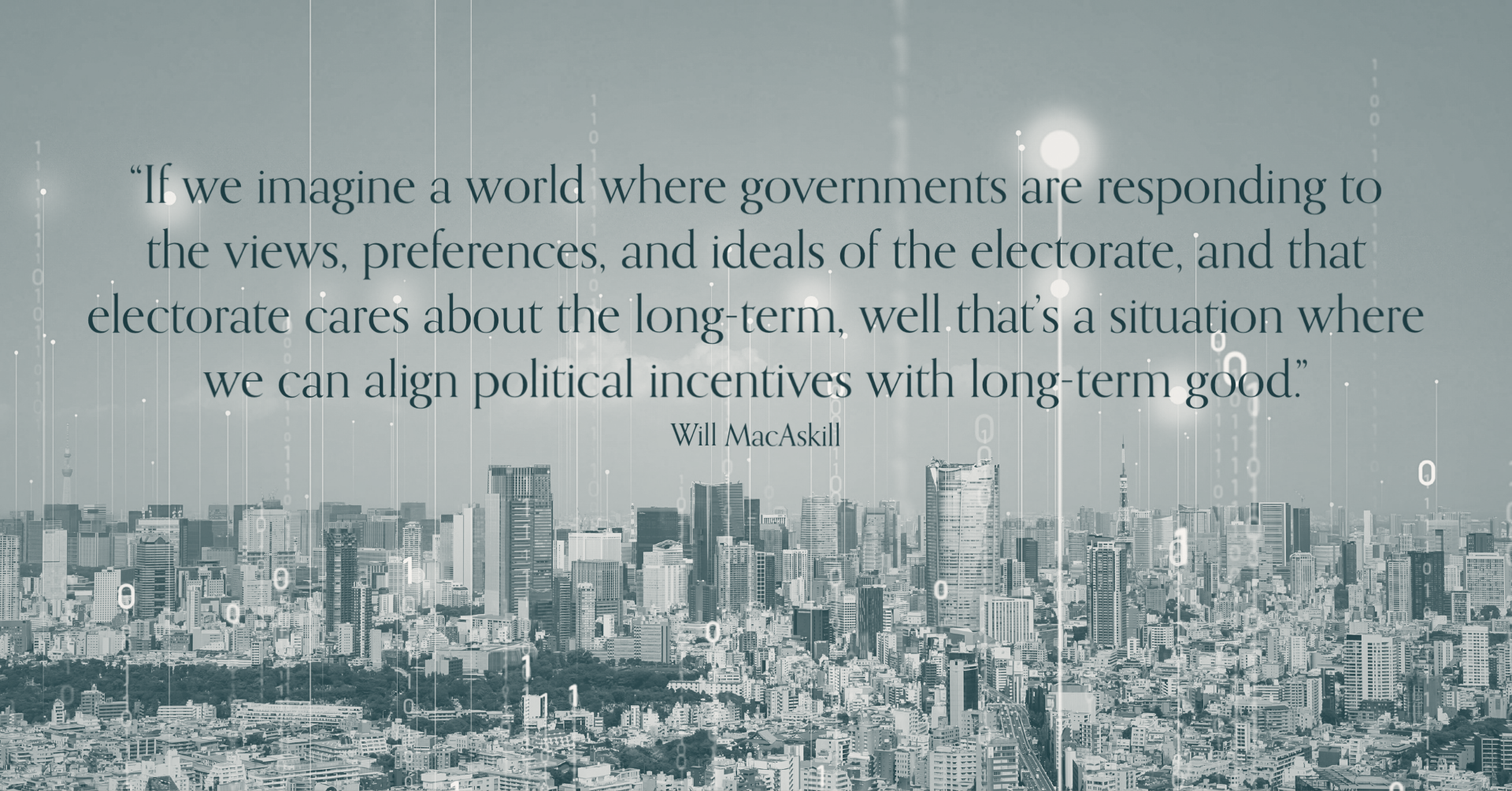More Than Money: Why the Climate Crisis Demands Values-Based Solutions
Celebrated as something of a crowning achievement for Democratic leadership, the Inflation Reduction Act will amount to the single largest investment in climate action to date. Allocating nearly $370 billion, the bill will undoubtedly provide significant investment to areas that desperately deserve funding: renewable energy, infrastructure projects, and creating more green jobs to name just a few. But, while $370 billion is nothing to take for granted, the Inflation Reduction Act feels more like tending to bedsores accumulated after decades of inaction than the sea change many scientists are calling for in order to address the root causes of a now decades-long planetary fever.
While ecological impacts of the climate crisis continue to make headlines, rarely do we seem to engage with the Buy-It-Now! culture driving it all. Each calendar year demands we produce more, deliver it faster, consume, and repeat. All in service to the almighty, GDP. So, in the face of ecological crisis, it seems prescient to ask, could redefining western values facilitate more meaningful change? Or, perhaps more accurately, do we have to? (It helps to read the latter in your best “exasperated teenager” voice.) Some, like philosopher and ethicist, Will MacAskill, say we must.
MacAskill, champion of the effective altruism movement, strives to marry empathy with evidence to maximize effect—an idea that is sure to resonate with even the most fiscally conservative amongst us. During a recent podcast appearance, while discussing the capacity for politics to address long-term issues like the climate crisis, MacAskill put it bluntly. “Honestly, I think it’s going to be very hard to make major progress unless there’s some significant cultural change.” But, importantly, he believes that world is possible.
“If we imagine a world where governments are responding to the views, preferences, and ideals of the electorate—and that electorate cares about the long-term—well that’s a situation where we can align political incentives with long-term good.” Great, so all we need is a global paradigm shift. Sounds simple enough. Cynical jokes aside, evidence-backed tools exist that can help bring about this future.
In the recent bestseller Atomic Habits, author James Clear illustrates our capacity for change as it relates to habit formation. When presented with unwanted results, Clear points out, “we really need to change are the systems that cause those results.” While it’s great to respond to challenges with innovative solutions, the more elegant and lasting solution is to address the root cause.
In order to do so, Clear cites evidence of values-based decision making. Studies continue to show individuals are far more likely to make choices that align with our identity than an incongruent alternative. Whether we identify as a runner, a reader, or voter, decisions that align with our identity get reinforced. So, rather then attempting to change our identity vis a vis our habits, the inverse proves far more effective. By changing how we identify, our habits follow suit.
So the question follows, can a society do the same? Can global western culture redefine our shared values, reframe our priorities, and reconsider our place on this planet? Honestly, I’m not so sure but, I believe we must try.

